“True success isn’t reaching the top — it’s paving the way for others to rise with you.”
In a time when Syrian entrepreneurs face narrowing pathways, Ali Meamar has managed to open doors across continents—from Syria to Sweden, from Izmir to Paris.
More than just a successful investor, he embodies a clear philosophy of economic development rooted in integration between diaspora and homeland, profit and impact, markets and dignity.
We sat down with the Chairman of Infinity Group and the Syrian-Scandinavian Council for Development and Investment to talk about his journey, his vision, and the bold new projects he’s initiating inside Syria.
– Who is Ali Meamar? How did the journey begin?
Ali Meamar:
I’m originally from Salamiyah, a city in central Syria. I left the country early, but never left it in spirit.
My journey as an entrepreneur started modestly in Norrköping, Sweden—my first company was small, but I’ve always operated with an institutional mindset.
Infinity Investment Group was founded in 2015, and today, we’re active across four continents, employing hundreds, and growing as one of the fastest Arab-led business groups in Europe.
– What are the main sectors your group works in today?
Ali Meamar:
We operate through subsidiaries in several sectors:
• Medical sector: Infinity Dental in Sweden, Turkey, and France.
• Real estate: Development projects in Turkey and Syria.
• Hospitality: Shamika LTD, a restaurant chain based in Egypt.
• Import/export: We’re preparing to enter the technology market through key strategic partnerships.
• Media and Events: We own a production company and organize exhibitions and conferences.
We believe that diversification by sector and geography is key to sustainable growth.
– You received the King of Sweden’s Entrepreneur Award in 2021—what did it mean to you?
Ali Meamar:
It was a major motivation to keep building on the success stories I had started.
More than personal recognition, the award validated a method—a commitment to impact and inclusion.
I never wanted to just be a “successful migrant”; I wanted to show that a refugee can be an asset, not a burden.
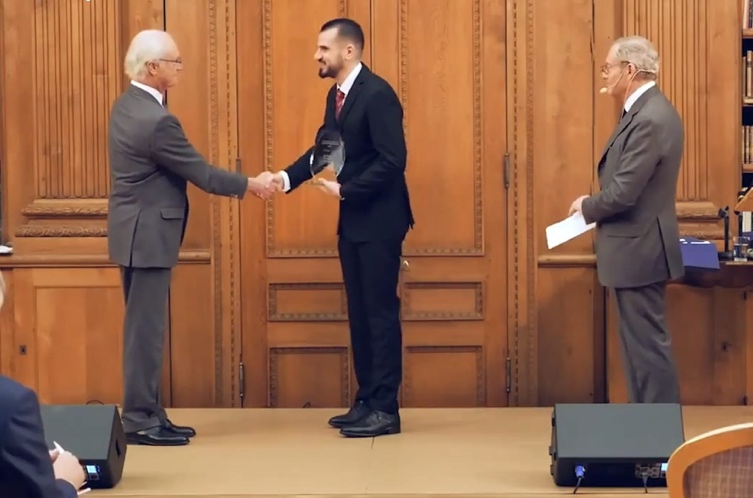
– – How do you see your role in the Syrian-Scandinavian Council?
Ali Meamar:
I’m proud to chair the council because it brings together civic vision and investment strategy.
We’re working to rebuild the relationship between Syrian expatriates and national institutions—not with slogans, but with real projects.
We don’t return to Syria out of nostalgia—we return because we believe we have something to offer, and people inside deserve to share that experience.
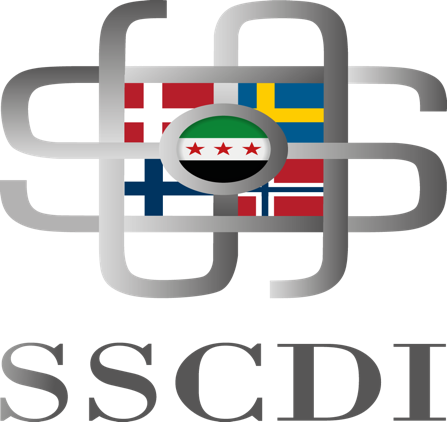
– – What are some of the current projects in Syria?
Ali Meamar:
We’re overseeing several critical projects, including:
• A review of dormant public factories, in partnership with the Ministry of Economy, with the goal of modernizing and restarting production.
• The “Arqam Project”, led by engineer Alaa Al-Shawwa, which aims to build a national geospatial database using AI to compare Syria’s urban structure between 2011 and 2025.
An investment exhibition project led by the Council’s Secretary-General,
Ahmad Badeh, aims to connect business leaders inside and outside Syria and present opportunities in a professional and structured manner
– – How do you deal with Syria’s complex work environment? Do you believe success is possible?
Ali Meamar:
Yes—success is possible, but it requires patience, respect for the local context, and strong negotiation and planning skills.
I don’t approach Syria as a “savior”—but as a partner.
I offer expertise and ask for a clear framework. For me, real success is rebuilding trust, not just completing a project.
– How do you define personal success?
Ali Meamar:
True success is building an institution that survives beyond you—and knowing that those around you see you not just as successful, but as inspiring and fair.
– – Any final thoughts?
Ali Meamar:
We are facing a rare opportunity.
Syria doesn’t just need bricks and mortar—it needs to be rebuilt with values, clean institutional thinking, and civic professionalism.
That’s what I strive for in my business, in the Council, and in every conversation with young Syrians.

![7 Best POS Software in the UK [2026 Edition]](https://todaynews.co.uk/wp-content/uploads/2026/02/7-Best-POS-Software-in-the-UK-2026-Edition-360x180.png)




















































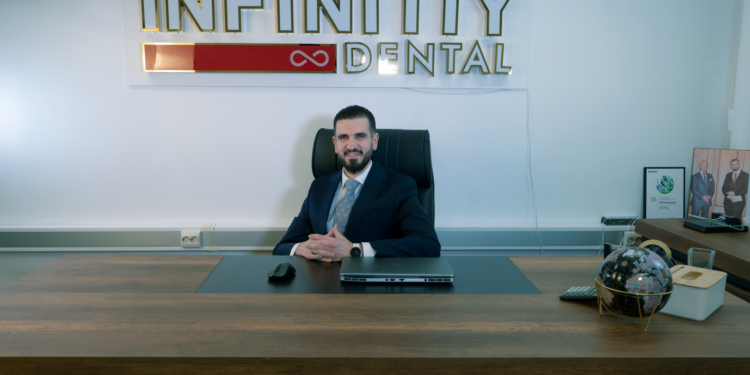



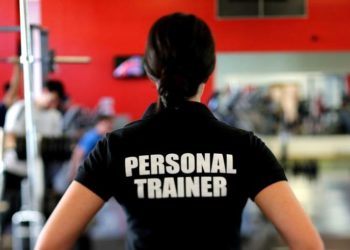
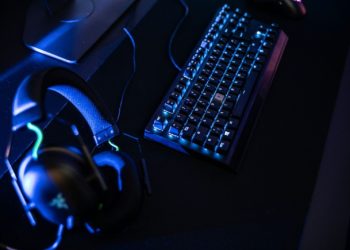
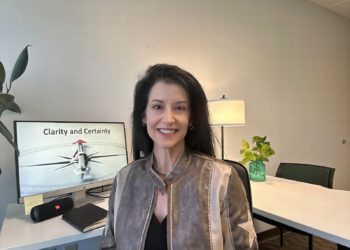
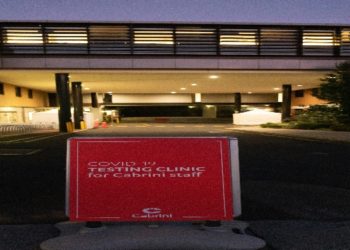
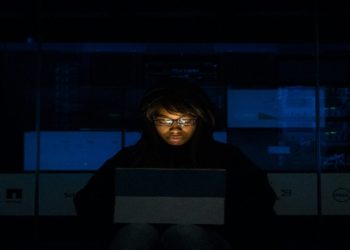





![7 Best POS Software in the UK [2026 Edition]](https://todaynews.co.uk/wp-content/uploads/2026/02/7-Best-POS-Software-in-the-UK-2026-Edition-120x86.png)






